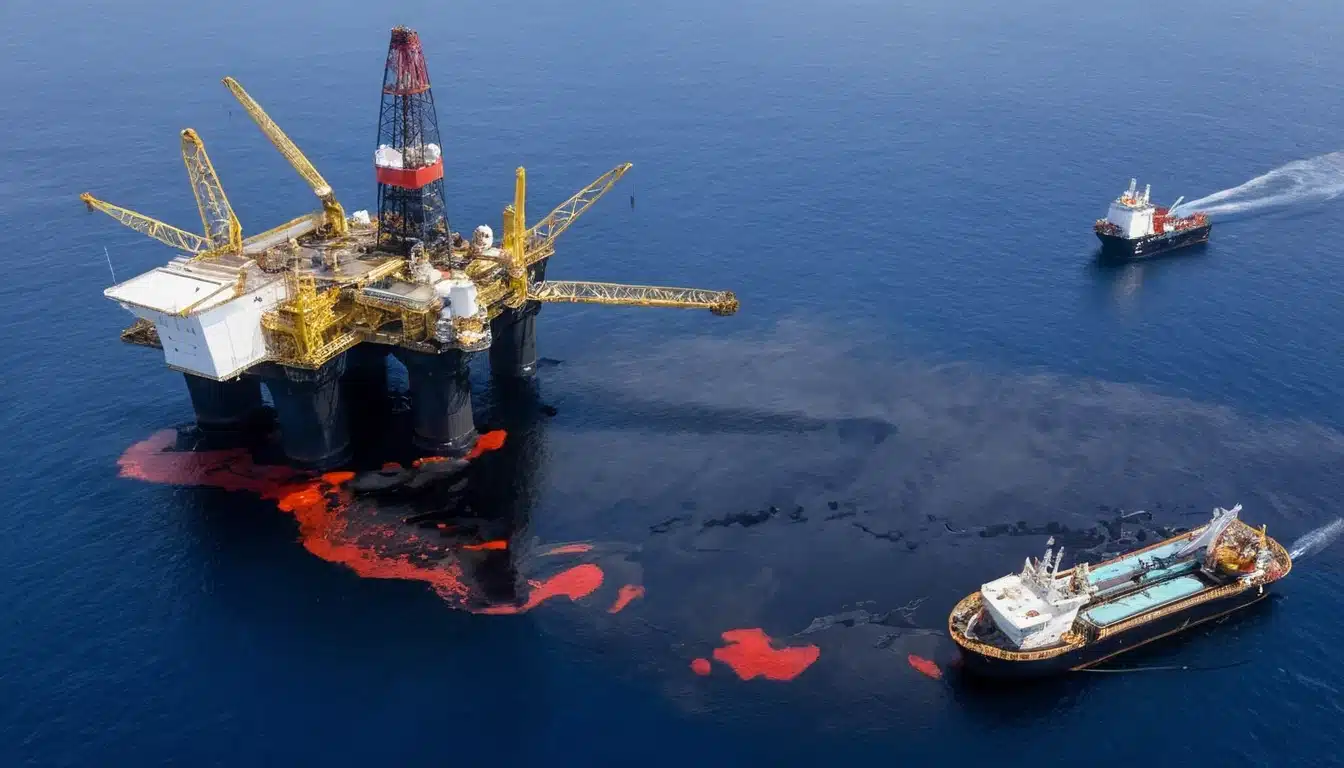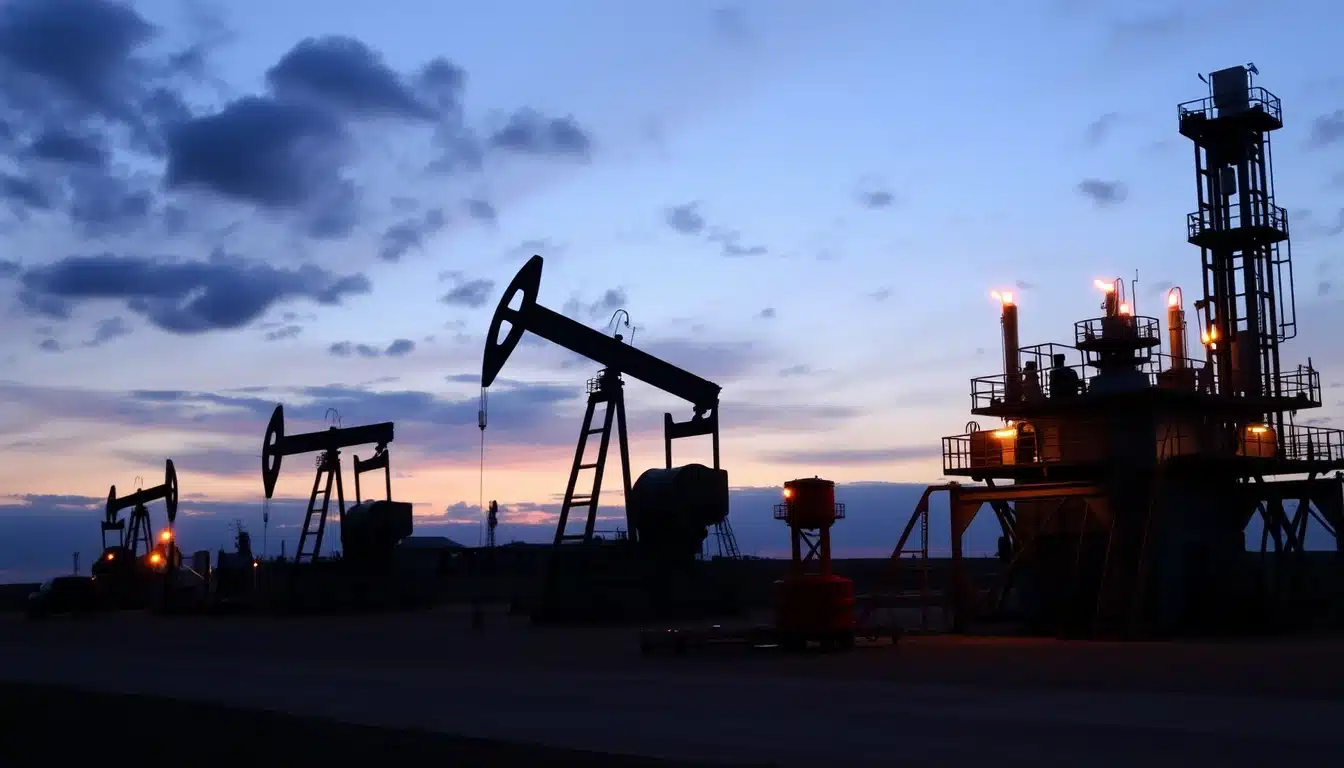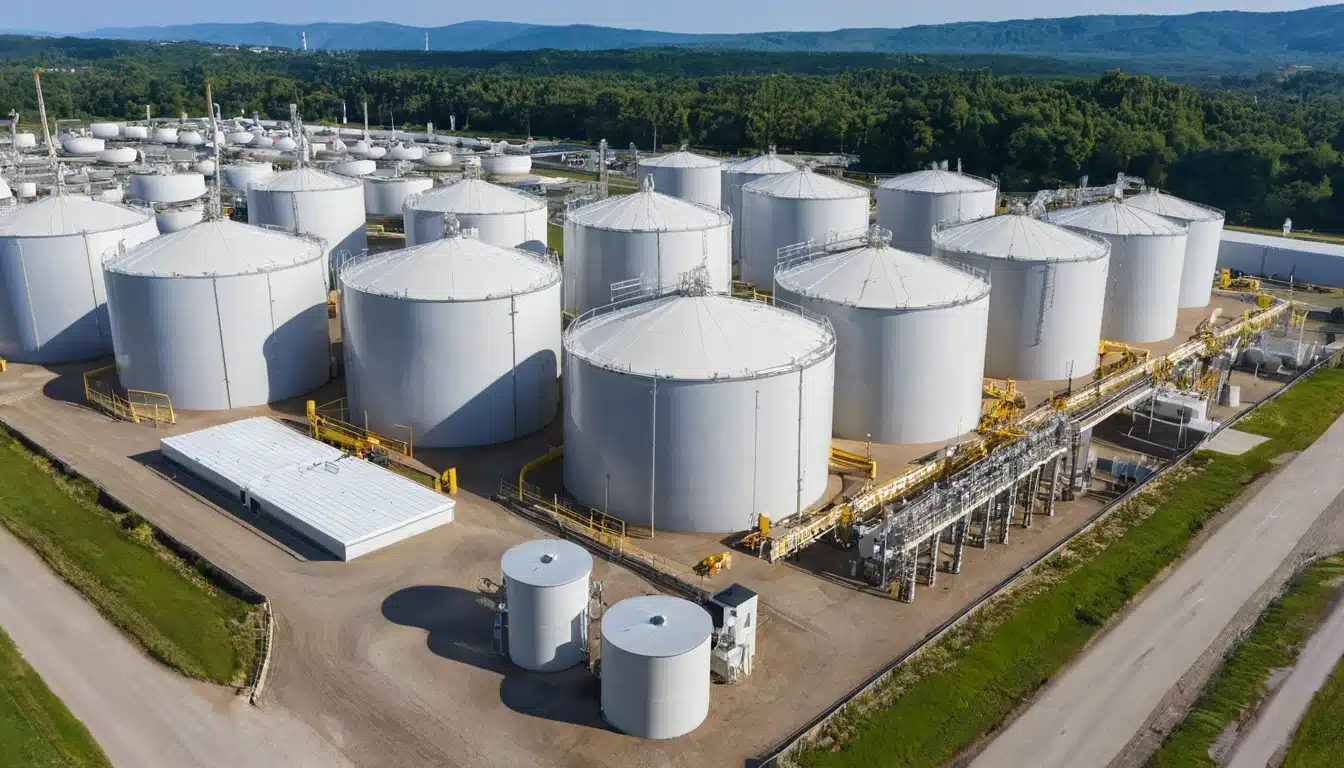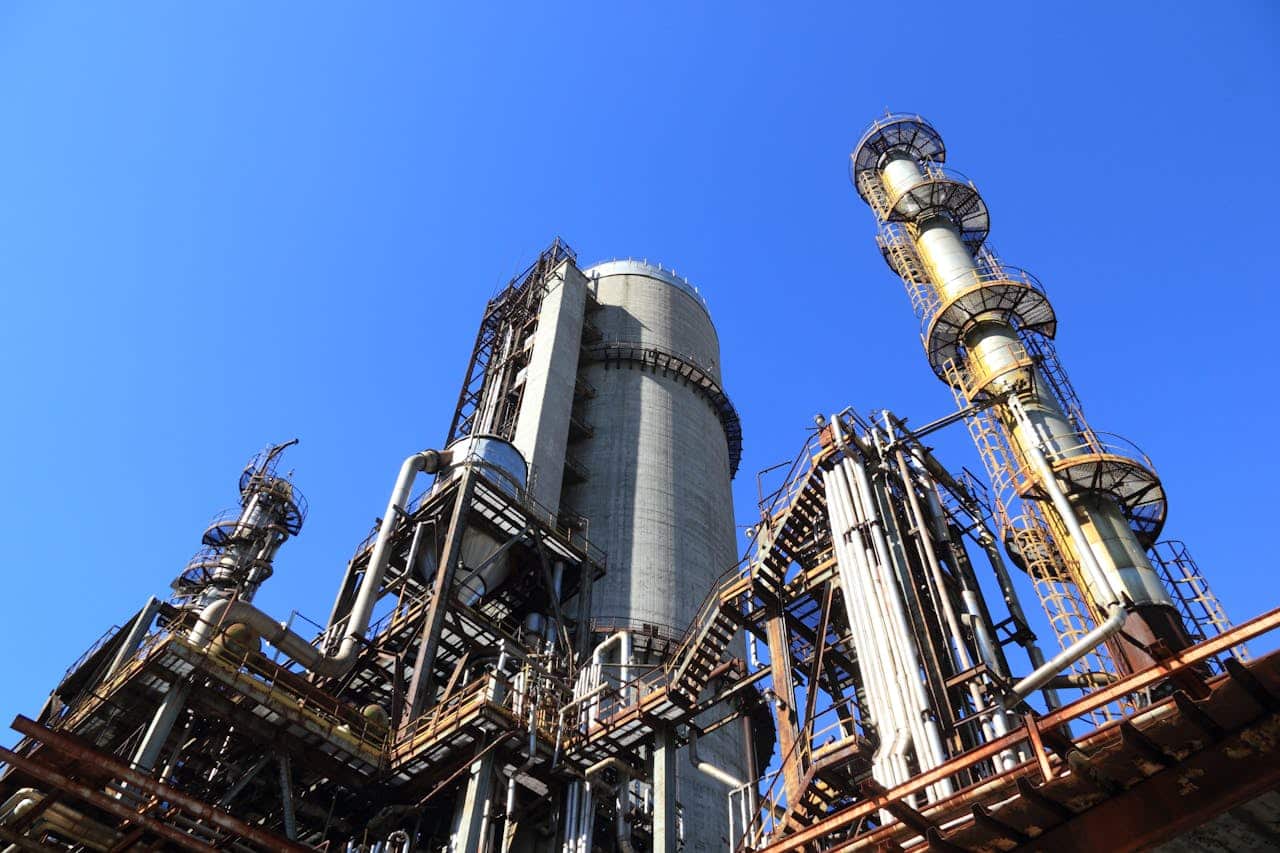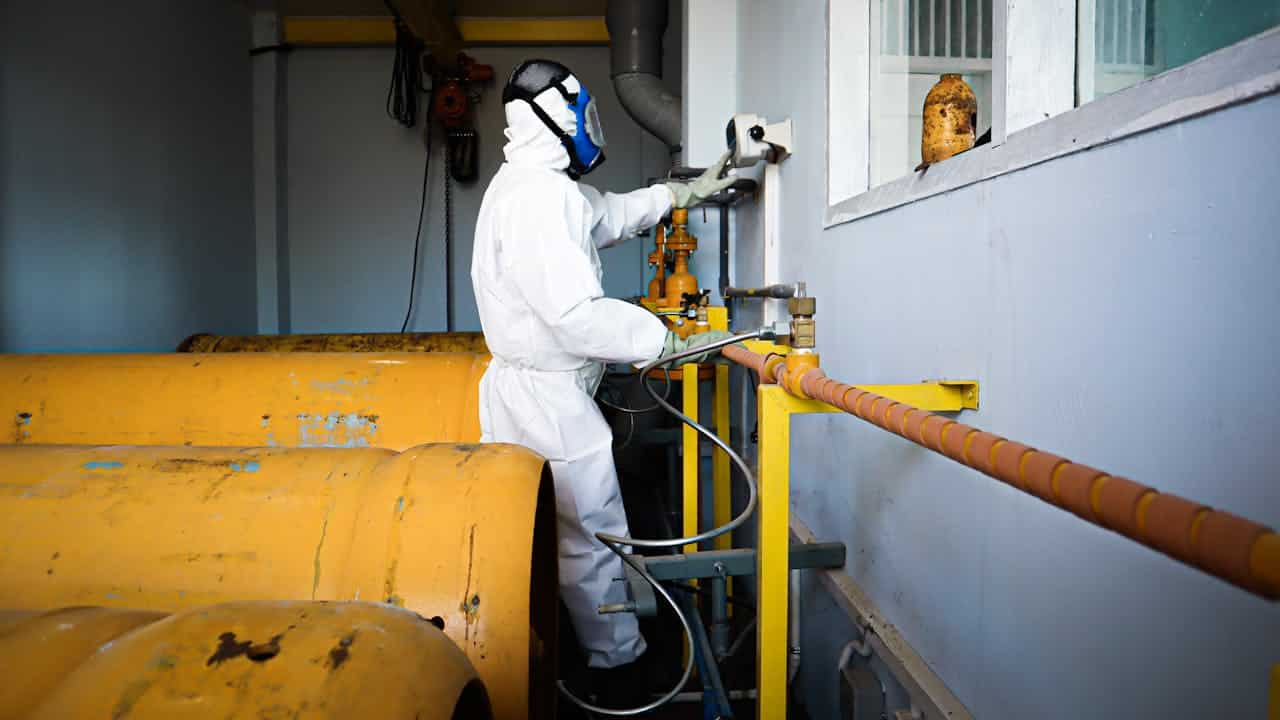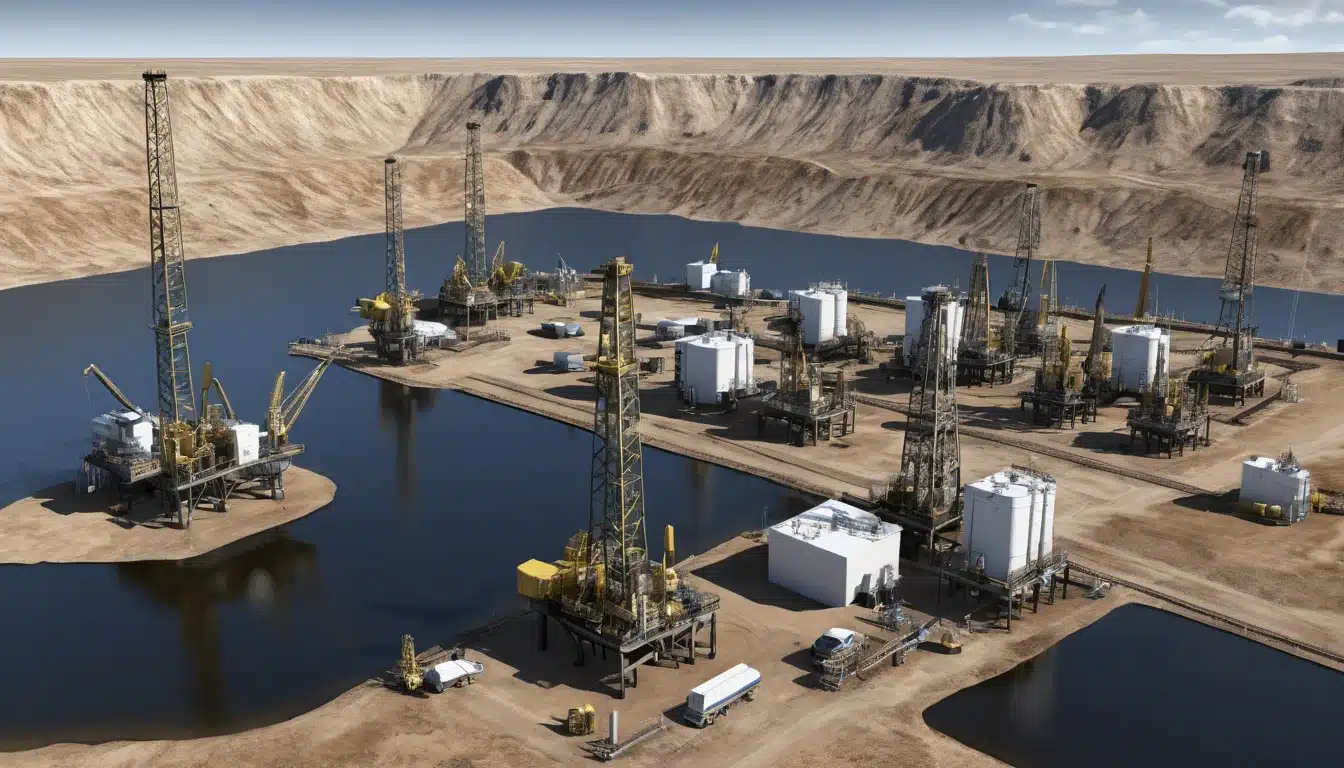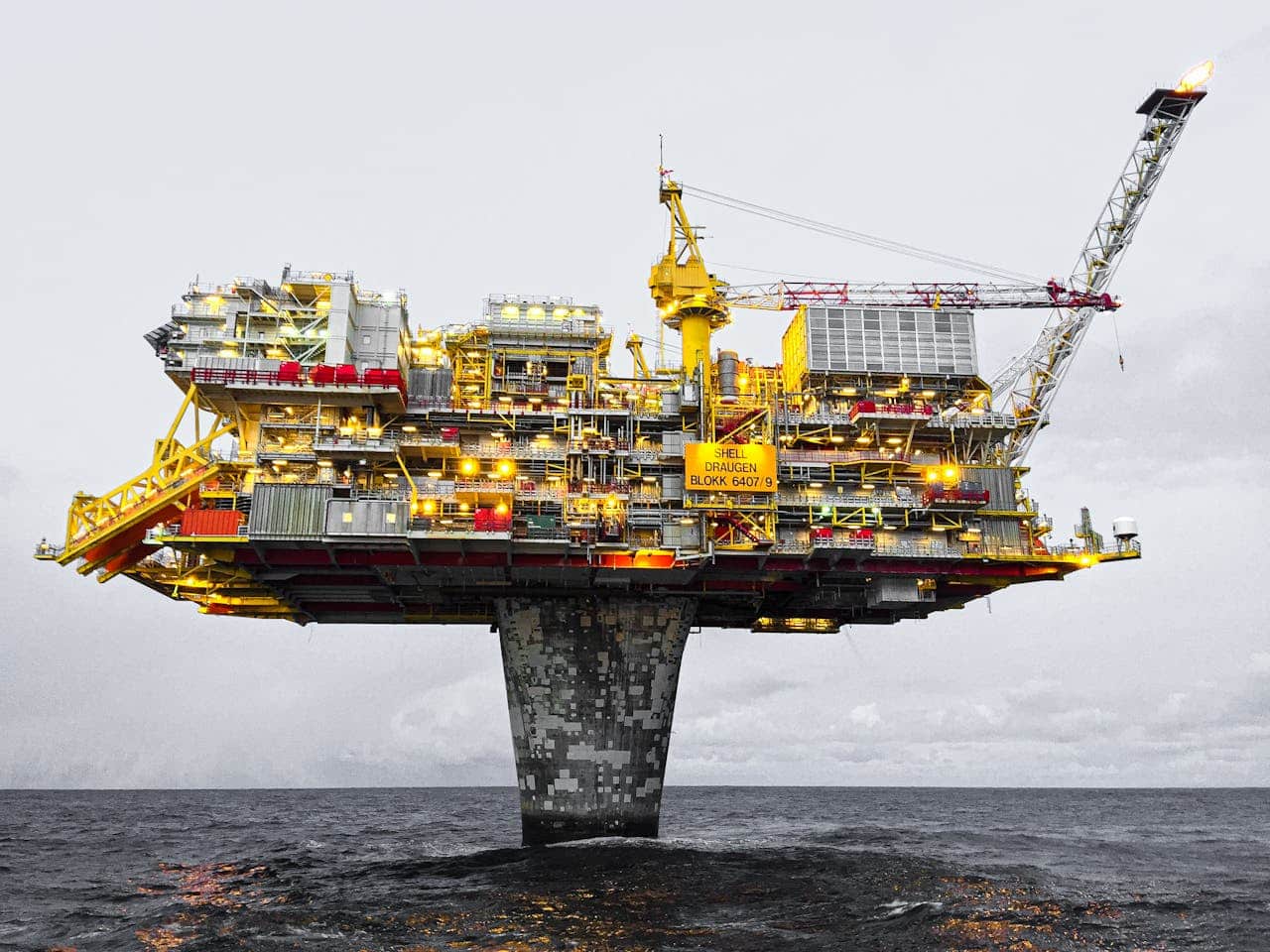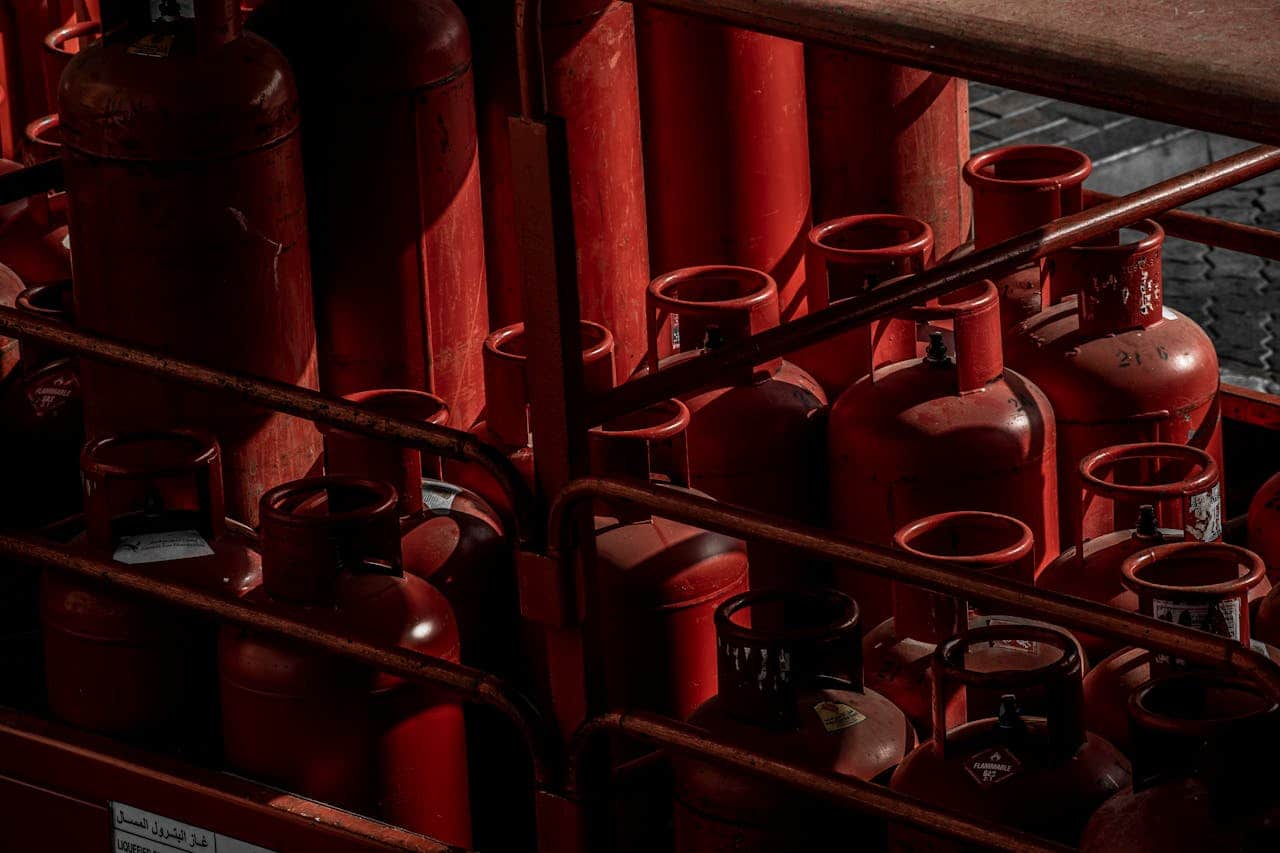Refinery Process Yield Optimization
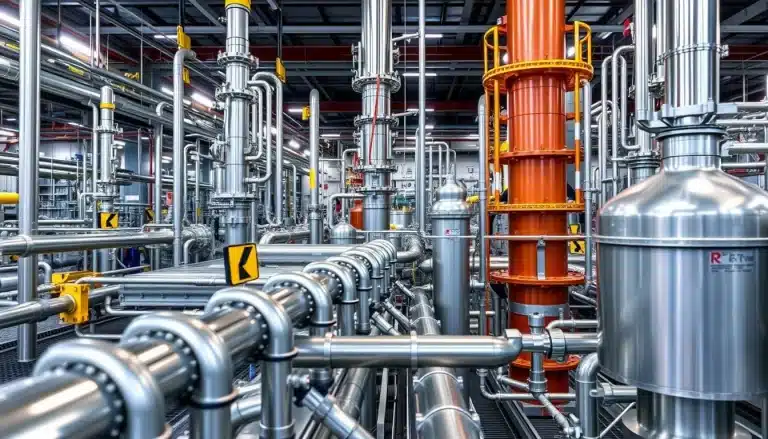
| Date | Format | Duration | Fees (USD) | Register |
|---|---|---|---|---|
| 04 Jan - 08 Jan, 2026 | Live Online | 5 Days | $3785 | Register → |
| 16 Feb - 27 Feb, 2026 | Live Online | 10 Days | $7735 | Register → |
| 27 Apr - 05 May, 2026 | Live Online | 7 Days | $5075 | Register → |
| 17 May - 21 May, 2026 | Live Online | 5 Days | $3785 | Register → |
| 19 Jul - 30 Jul, 2026 | Live Online | 10 Days | $7735 | Register → |
| 24 Aug - 01 Sep, 2026 | Live Online | 7 Days | $5075 | Register → |
| 19 Oct - 23 Oct, 2026 | Live Online | 5 Days | $3785 | Register → |
| 23 Nov - 25 Nov, 2026 | Live Online | 3 Days | $2625 | Register → |
| Date | Venue | Duration | Fees (USD) | Register |
|---|---|---|---|---|
| 12 Jan - 16 Jan, 2026 | Dubai | 5 Days | $5775 | Register → |
| 22 Feb - 24 Feb, 2026 | Jeddah | 3 Days | $4680 | Register → |
| 04 May - 22 May, 2026 | Cairo | 15 Days | $13500 | Register → |
| 29 Jun - 10 Jul, 2026 | Kuala Lumpur | 10 Days | $10655 | Register → |
| 20 Jul - 24 Jul, 2026 | Milan | 5 Days | $6305 | Register → |
| 17 Aug - 21 Aug, 2026 | Singapore | 5 Days | $6835 | Register → |
| 26 Oct - 06 Nov, 2026 | Barcelona | 10 Days | $11615 | Register → |
| 23 Nov - 27 Nov, 2026 | Dubai | 5 Days | $5775 | Register → |
Did you know that optimising refinery operations may result in huge financial gains? For instance, one integrated refinery saved £200 million annually by improving process efficiencies in Asia. This compelling statistic underscores the critical importance of refinery yield optimization and process improvement in today’s oil and gas sector.
Course Overview
The Refinery Process Yield Optimization course is meticulously designed to equip professionals with cutting-edge knowledge in refining efficiency, crude oil processing, and process improvement. This comprehensive programme focuses on product yield enhancement, refinery profitability, and feedstock selection to ensure participants can effectively navigate the complex landscape of refining operations.
Why Select This Training Course?
Selecting this Refinery Optimization Course offers numerous advantages for professionals involved in catalytic cracking and hydrocracking operations. Participants will gain advanced knowledge of distillation optimization, process control, and refining economics. The course provides hands-on experience with optimization techniques and refinery margins, enabling attendees to optimise their operations effectively.
For organisations, investing in this training enhances overall operational efficiency and strengthens process integration. By ensuring that personnel are well-trained in advanced process control and refining technology, organisations not only protect their assets but also build sustainable practices. Research shows that companies implementing comprehensive process control systems can significantly improve performance. For instance, Advanced Process Control systems have demonstrated up to 5% increase in production, 10% reduction in energy use, and 3% improvement in yield.
Individuals who complete this course will benefit from enhanced career prospects as they become more valuable assets in their respective fields. The skills acquired through this training can lead to professional growth and increased responsibilities within their organisations. Studies from North American refineries demonstrate how AI-driven process optimisation platforms achieve increased efficiency and substantial cost savings.
Transform your refining capabilities – Join our next session!
Who is this Training Course for?
This course is suitable for:
- Refinery engineers and process specialists.
- Operations managers in refining facilities.
- Production planners and schedulers.
- Technicians involved in refining operations.
- Data analysts focusing on refining efficiency.
What are the Training Goals?
The objectives of this training course are to enable professionals:
- To master techniques for yield enhancement in refining processes.
- To apply modern technology for process optimisation.
- To understand and implement economic models for refining profitability.
- To develop strategies for sustainable and efficient refining operations.
How will this Training Course be Presented?
The Refinery Process Yield Optimization Course employs a comprehensive and innovative approach to ensure maximum knowledge retention and skill development. Expert-led instruction from seasoned refining professionals forms the core of the course, providing up-to-date insights into modern optimization techniques and practical applications.
Our dynamic training methodology includes:
- Engaging interactive sessions with refining experts, offering direct insights into optimization strategies
- Immersive workshops featuring advanced process control and simulation
- In-depth demonstrations of cutting-edge optimization software
- Thought-provoking collaborative projects tackling yield optimization challenges
- Comprehensive access to digital tools, models, and best practices
Ready to master refinery optimization? Secure your spot today!
Course Syllabus
Module 1: Fundamentals of Yield Optimization
- Understanding refinery economics and yield.
- Product slate optimisation for market demand.
- Impact of crude oil quality on refining yield.
- Basic principles of process optimisation.
- Conversion processes and their yield impact.
- Catalytic cracking and reforming for yield enhancement.
- Hydrotreating to improve product quality and yield.
- Blending strategies for optimal yield.
- Energy efficiency to yield.
- Management of by-products for yield optimisation.
- Quality control affecting yield.
- Safety considerations in yield optimisation.
Module 2: Process Control for Yield Optimization
- Advanced process control techniques.
- Real-time optimisation strategies.
- Use of DCS (Distributed Control System) in refining.
- Automation in yield-critical processes.
- Feedback and feedforward control for yield.
- Control of process variables like temperature and pressure.
- Model Predictive Control (MPC) for refining.
- Operator training for optimal control.
- Integration of safety systems with process control.
- Performance metrics for process control.
- Handling process upsets for yield stability.
- Continuous improvement through control adjustments.
Module 3: Catalytic Process Optimisation
- Catalyst selection for optimal yield.
- Catalyst life management for sustained performance.
- Understanding catalytic reactions for yield.
- Optimisation of FCC (Fluid Catalytic Cracking).
- Reforming catalysts for high-octane yield.
- Hydrocracking for maximising middle distillates.
- Catalyst poisoning and regeneration strategies.
- Maximising efficiency in alkylation units.
- Innovations in catalysis for yield improvement.
- Catalyst testing and evaluation for yield.
- Economic analysis of catalyst performance.
- Environmental considerations in catalytic processes.
Module 4: Yield Optimization Through Modelling
- Building refining process models.
- Use of linear programming for yield optimisation.
- Non-linear programming for complex refining scenarios.
- Simulation software for yield prediction.
- Statistical methods in yield forecasting.
- Machine learning models for process optimisation.
- Scenario analysis for yield and economics.
- Integration of models with real-time data.
- Sensitivity analysis in refining models.
- Calibration of models with operational data.
- Optimisation of energy use through modelling.
- Handling model uncertainty for practical applications.
Module 5: Crude Oil Selection and Blending
- Crude oil assay analysis for yield potential.
- Blending strategies for optimal refining outcomes.
- Impact of crude oil properties on yield.
- Economic considerations in crude selection.
- Blending for desired product specifications.
- Managing crude slate variability for yield.
- Optimisation of crude logistics for yield.
- Real-time blending adjustments for yield.
- Techniques for minimising blending errors.
- Integration of crude blending with process units.
- Environmental considerations in crude blending.
- Legal and regulatory aspects of crude blending.
Module 6: Refinery Economics and Yield
- Economic models for refining operations.
- Cost-benefit analysis of yield optimisation strategies.
- Pricing mechanisms for refined products.
- Margin analysis for different products.
- Investment in yield-enhancing technologies.
- Impact of yield on refining profitability.
- Hedging strategies against market volatility.
- Taxation effects on refining economics.
- Economic evaluation of process changes.
- Capital vs. operating expenditure for yield.
- Yield optimisation in a competitive market.
- Sustainability economics in refining yield.
Module 7: Advanced Technologies in Yield Optimization
- IoT for real-time process monitoring.
- AI and machine learning for predictive optimisation.
- Digital twins for refining simulation.
- Robotics for maintenance affecting yield.
- Automation in refining processes for yield.
- Cybersecurity in refining operations.
- Big Data analytics for decision-making.
- Advances in refining equipment design.
- Energy efficiency technologies for yield.
- Blockchain for supply chain transparency.
- Innovations in sensor technology for yield.
- Predictive maintenance for continuous operation.
Module 8: Environmental and Regulatory Compliance
- Environmental impact of refining processes.
- Yield optimisation under environmental constraints.
- Compliance with emissions and effluent standards.
- Strategies for reducing carbon footprint.
- Waste management in refining operations.
- Life cycle assessment of refining products.
- Regulatory compliance affecting yield strategies.
- Legal responsibilities in yield optimisation.
- Permitting and environmental reporting.
- Ethical considerations in refining practices.
- Sustainable practices for yield improvement.
- Balancing environmental impact with yield goals.
Module 9: Operations Management for Yield
- Lean management in refining environments.
- Performance metrics for operational yield.
- Continuous improvement methodologies.
- Human factors in refining operations.
- Safety management systems in refineries.
- Training for operational excellence.
- Quality management in relation to yield.
- Managing change in refining operations.
- Emergency response planning for yield stability.
- Leadership in refining management.
- Ethical considerations in operations management.
- Resource allocation for yield optimisation.
Module 10: Yield Optimisation in Specialty Refining
- Refining for petrochemical feedstocks.
- Yield in lube oil production.
- Asphalt and bitumen yield optimisation.
- Specialty chemical production from refining.
- Optimisation in biofuel blending.
- Yield considerations in hydrogen production.
- Petrochemical integration for yield enhancement.
- Customised refining for niche markets.
- Yield in the production of oxygenates.
- Economic considerations for speciality products.
- Environmental impact of speciality refining.
- Quality control in speciality refining processes.
Training Impact
Research indicates that organisations implementing structured refinery optimization training programmes have demonstrated measurable benefits in both operational efficiency and cost reduction. Case studies highlight the following comprehensive improvements:
From integrated refinery implementation:
- £200 million annual savings through process efficiencies
- Enhanced production throughput and product quality
- Improved energy efficiency and operational performance
- Strengthened competitive position in the market
Additional benefits include:
- Significant improvement in refinery utilization
- Enhanced decision-making capabilities in process control
- Improved ability to handle feedstock variations
- Strengthened process integration strategies
- Increased operational resilience through comprehensive optimization
Transform your career in refinery optimization – Enrol now!
FAQs
4 simple ways to register with Alpha Learning Centre (ALC):
Website:
Log on to our website www.alphalearningcentre.com. Select the course you want from the list of categories or filter through the calendar options. Click the “Register” button in the filtered results or the “Manual Registration” option on the course page. Complete the form and click submit. Telephone:
Call +971 58 102 8628 or +44 7443 559 344 to register. E-mail Us:
Send your details to [email protected]. Mobile/WhatsApp:
You can call or message us on WhatsApp at +971 58 102 8628. Believe us; we are quick to respond to.
Yes, besides English, we do deliver courses in 17 different languages which includes Arabic, French, Portuguese, Spanish—to name a few.
Our course consultants on most subjects can cover about 3 to maximum 4 modules in a classroom training format. In a live online training format, we can only cover 2 to maximum 3 modules in a day.
Our public courses generally start around 9:30am and end by 4:30pm. There are 7 contact hours per day.
Our live online courses start around 9:30am and finish by 12:30pm. There are 3 contact hours per day. The course coordinator will confirm the Timezone during course confirmation.
A valid ALC ‘Certificate of Training’ will be awarded to each participant upon successfully completing the course. Accredited certificates from HRCI, PMI, CPD, IIBA are also available upon request and additional fees.

